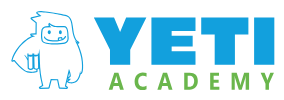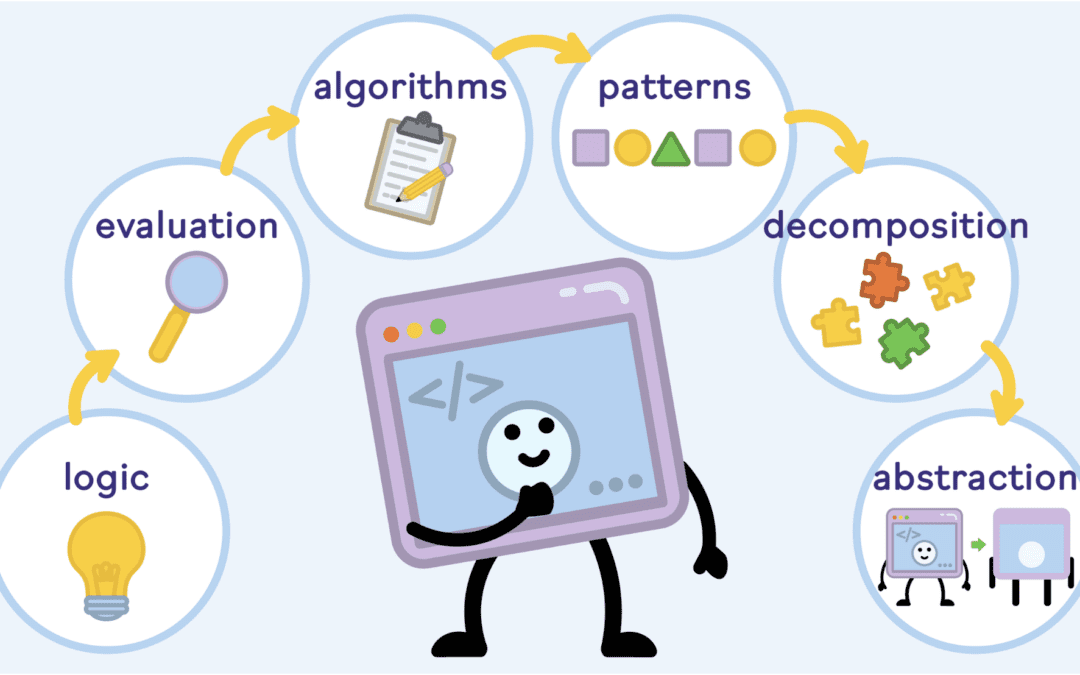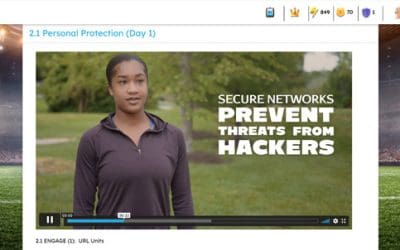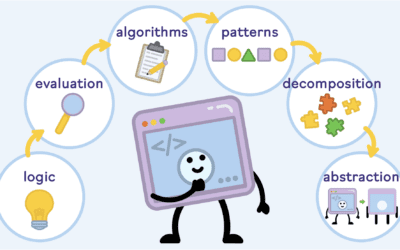
With students spending so much time online during the pandemic, there’s been more talk about digital citizenship than ever. You may be wondering what this popular term means and what falls under its umbrella.
Below, we’ll provide a broad definition of digital citizenship and discuss some of the most important skills students need to act responsibly online.
Digital Citizenship Defined
Digital citizenship is a person’s relationship with technology. It includes a wide range of responsibilities and skills, including the ability to protect personal information, avoid infringing on others’ intellectual property rights, keep a healthy balance between online and offline activities, and maintain a positive online presence.
Anyone who uses the internet needs to understand digital citizenship so they can stay safe and function as a member of society. The world as a whole is becoming more and more dependent on the internet for daily activities like taking classes and staying in touch with loved ones, so students need to learn digital citizenship skills as soon as possible.
5 Important Digital Citizenship Skills
There are many skills involved in being a competent digital citizen, but most fall under one of the following categories:
Personal Information Protection Skills
Given that most kids have access to at least a few online accounts (and if they don’t, they will someday), elementary and middle school students alike need to know what personal information is and how to keep it private. They should know to protect details like their address, email, and phone number from a very early age. That means not only learning not to share certain types of information on social media but also becoming aware of the dangers of facial recognition software and understanding how private details like license plates can show up in photographs.
Above all, students should learn how to create and manage secure passwords. Kids should also know that certain types of accounts need extra layers of security, such as online banking and other accounts with sensitive information.
Permission and Property Skills
Students should understand copyright, citations, and how to get permission to use someone else’s work. Understanding how to give proper credit to someone else and generate a license for their own work are vital to protecting both students’ own and other people’s property rights.
Permission skills and an understanding of why they are important come up especially often in school, when students are often tempted to shorten their workload by using someone else’s work. We often see students accidentally (or intentionally!) disrespecting others’ property rights by using images grabbed from Google without permission or plagiarizing someone else’s writing.
Protection Against Cybercriminals
Students need to know how to protect themselves from viruses, malware, phishing, ransomware, and identity theft. From an early age, they should learn what these crimes are and how they work so they can avoid becoming victims. Once identity theft happens, it can be exceedingly difficult to keep it from happening again, so students should be educated on how to avoid it in the first place as soon as possible.
Personal Branding and Professionalism Skills
Everyone has a voice, persona, and “digital tattoo” they add to whenever they interact with the internet. That includes kids. It’s important for students to recognize this fact so they can understand how to avoid making mistakes they may regret later and make informed decisions about how they want to be perceived online.
Children and teenagers also need to learn online etiquette skills. Students should understand the difference between online and offline grammar, how to recognize cultural disconnects, what respectful communication looks like, how to keep a professional image when applying for jobs in the future, and how to work out problems if they happen.
At Yeti Academy, we’ve found that many kids understand the concepts of personal brand and online professionalism when we connect those concepts to celebrities and role models. Kids of all ages know that even small mess ups online can have a major impact on a celebrity’s public persona and ability to continue doing the work they are known for. When students practice digital citizenship with a well-known role model in mind, they often “get it” on a level they otherwise wouldn’t.
Give Your Students a Solid Education in Digital Citizenship
Yeti Academy’s Sports PR Agency module is an ISTE-aligned digital citizenship course for middle school students. Each activity explores topics like public relations, digital influence, internet safety, internet privacy, cyber ethics, social media communication and identity, cyberbullying, online drama, media literacy and evaluating sources, health and balance surrounding digital use, and computer threats.
As an agent for their “athletes”, students create original artifacts and practice real-world skills. We encourage students to express their creativity through artifact design and develop expertise in technical writing, presentation, public speaking, and analyzing data using spreadsheets, charts, and graphs. Projects include both individual and collaborative problem-based activities, as well as a final project in which students develop a website featuring elements from the applications practiced within the module.
The Yeti Academy Sports PR Agency module incorporates the “Four C’s” defined in the National Education Association’s guide to Preparing 21st Century Students for a Global Society. The “Four C’s” include communication, collaboration, creativity, and critical thinking. Students analyze and examine, plan and problem solve, reflect and revise, and progress in their organization and time management proficiency.
We connect digital citizenship concepts to kids’ role models, allowing them to develop an understanding of how different actions online could appear to others and impact their futures. Contact us today to learn more about Yeti!








